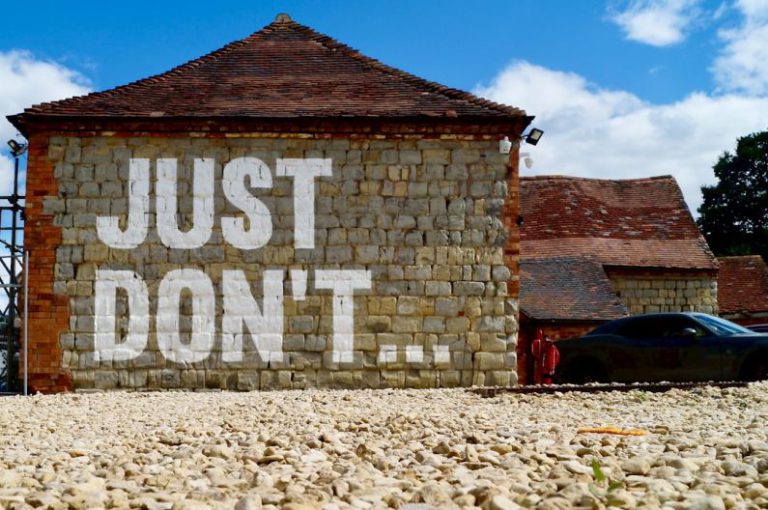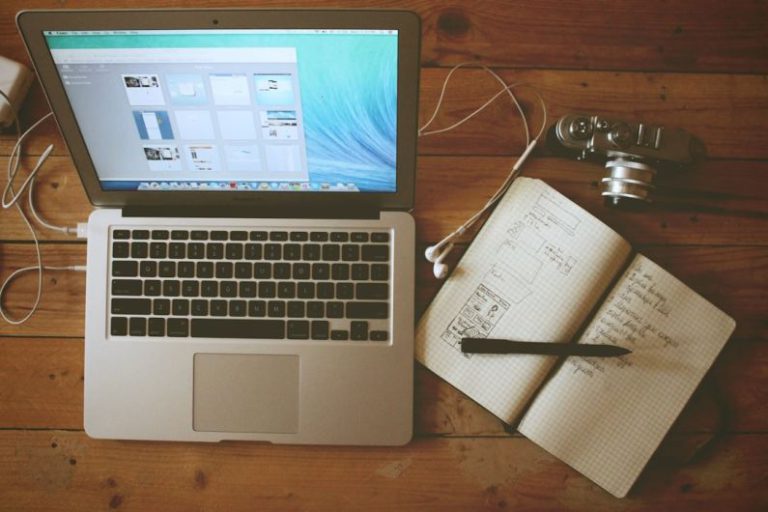Achieving Balance in a Creative Career: Strategies That Work
Balancing a Creative Career: Strategies That Work
In the fast-paced world of creative industries, finding a balance between work and personal life can be a challenging task. The demands of a creative career, whether in design, writing, music, or any other field, often require intense focus, dedication, and long hours of work. However, maintaining a healthy balance is crucial for overall well-being and sustained success. In this article, we will explore effective strategies that can help individuals achieve balance in their creative careers.
Understanding Your Priorities
One of the key elements in achieving balance in a creative career is understanding your priorities. It is essential to identify what truly matters to you both professionally and personally. Take some time to reflect on your values, goals, and aspirations. By gaining clarity on what is most important to you, you can make informed decisions about how to allocate your time and energy.
Setting Boundaries
Setting boundaries is crucial in maintaining a healthy work-life balance. As a creative professional, it can be tempting to immerse yourself completely in your work, often leading to burnout and neglect of other important areas of your life. Establishing clear boundaries between work and personal time is essential. This may involve setting specific work hours, creating a designated workspace, and learning to say no to additional projects that might overwhelm you.
Embracing Self-Care Practices
Self-care is not a luxury but a necessity, especially for those in creative careers. Practicing self-care involves taking care of your physical, mental, and emotional well-being. Make time for activities that recharge you, whether it’s exercise, meditation, spending time in nature, or engaging in hobbies outside of work. Prioritizing self-care will not only enhance your creativity and productivity but also improve your overall quality of life.
Seeking Support
No one can succeed in isolation. Building a support network is vital for navigating the challenges of a creative career. Surround yourself with like-minded individuals who understand the demands of your profession and can offer support and encouragement. Consider joining professional organizations, networking groups, or seeking mentorship from more experienced professionals in your field. Having a strong support system can provide valuable insights, guidance, and a sense of community.
Practicing Mindfulness
Mindfulness is a powerful tool for achieving balance in a creative career. By cultivating mindfulness, you can learn to be fully present in the moment, reduce stress, and enhance your focus and creativity. Incorporate mindfulness practices into your daily routine, such as meditation, deep breathing exercises, or simply taking short breaks to clear your mind. Mindfulness can help you stay grounded amidst the chaos of a busy creative career.
Embracing Flexibility
Flexibility is key to adapting to the ever-changing demands of a creative career. Accept that not everything will go according to plan and be open to adjusting your schedule and priorities as needed. Embracing flexibility allows you to navigate unexpected challenges with resilience and creativity. Instead of viewing disruptions as obstacles, see them as opportunities for growth and innovation.
Finding Inspiration Outside of Work
While creativity is at the core of your professional life, it is essential to find inspiration outside of work as well. Engage in activities that stimulate your creativity and bring you joy, whether it’s exploring art galleries, attending live performances, traveling to new places, or spending time with loved ones. By nourishing your creative spirit beyond work, you can maintain a sense of balance and fulfillment in all areas of your life.
Reevaluating and Adjusting
Achieving balance in a creative career is an ongoing process that requires regular reevaluation and adjustment. Periodically assess your priorities, boundaries, self-care practices, support network, mindfulness, flexibility, and sources of inspiration. Be willing to make changes as needed to ensure that you are living a balanced and fulfilling life both personally and professionally.
In summary, balancing a creative career requires a combination of self-awareness, boundaries, self-care, support, mindfulness, flexibility, and sources of inspiration. By implementing these strategies effectively, individuals can navigate the challenges of a creative career while maintaining a sense of balance and well-being. Remember that achieving balance is a dynamic and evolving journey that requires continuous effort and reflection. Prioritize your overall well-being and success will follow.






